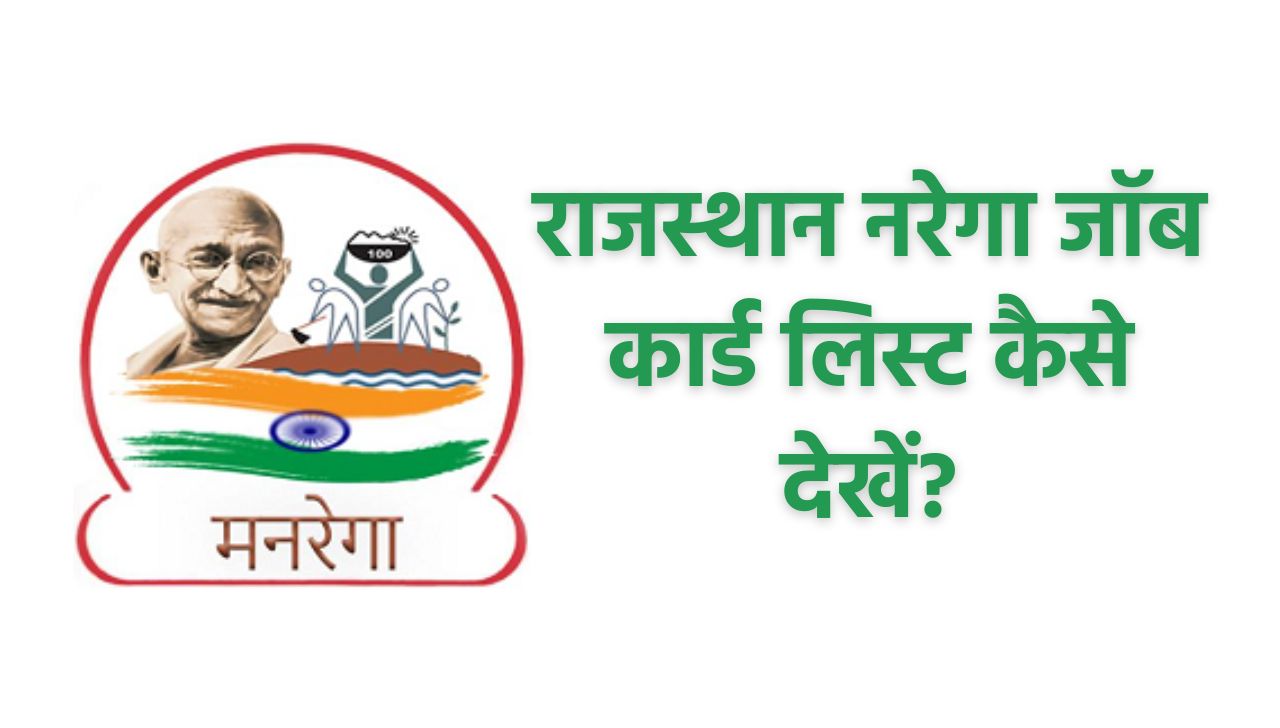
The National Rural Employment Guarantee Act (NREGA), now known as the Mahatma Gandhi National Rural Employment Guarantee Act (MGNREGA), has been instrumental in Rajasthan’s rural development. This article explores the impact of NREGA in Rajasthan, shedding light on how this flagship program has transformed livelihoods and empowered rural communities across the state.
Empowering Rural Rajasthan: In the vast expanse of Rajasthan, where agricultural uncertainties and seasonal unemployment are prevalent, NREGA has emerged as a lifeline for rural households. By providing a legal guarantee of employment, NREGA ensures that every eligible household in Rajasthan can access a minimum of 100 days of wage labor, thereby empowering them economically and socially.
Key Initiatives and Impact: NREGA’s impact in Rajasthan is palpable across various sectors. The program has led to significant infrastructure development, including the construction of roads, water conservation structures, and irrigation facilities. These initiatives have not only improved rural connectivity but have also bolstered agricultural productivity and resilience against climatic challenges such as droughts.
Water Conservation and Management: Water scarcity is a persistent challenge in Rajasthan, and NREGA has actively addressed this issue by promoting water conservation and management practices. Through the construction of check dams, farm ponds, and watershed development projects, NREGA has contributed to the sustainable utilization of water resources, thereby benefitting agricultural activities and enhancing rural livelihoods.
Women’s Empowerment: NREGA has played a crucial role in empowering women in rural Rajasthan. With a significant portion of the workforce comprising women, the program has provided them with economic independence and decision-making opportunities. By participating in NREGA activities, women have not only contributed to household incomes but have also challenged gender norms and stereotypes prevalent in rural communities.
Challenges and Solutions: Despite its transformative impact, NREGA implementation in Rajasthan faces challenges such as fund allocation, timely wage payments, and effective monitoring mechanisms. To address these challenges, there is a need for enhanced coordination between government agencies, civil society organizations, and local communities. Strengthening transparency, accountability, and grievance redressal mechanisms can ensure the smooth functioning of NREGA in Rajasthan.
Conclusion: NREGA has been a game-changer for rural Rajasthan, providing employment opportunities, enhancing livelihoods, and fostering inclusive growth. As the state continues its journey towards prosperity, NREGA remains a critical tool for poverty alleviation and sustainable development in rural areas. With concerted efforts and effective implementation strategies, NREGA will continue to empower millions of households and transform the socio-economic landscape of Rajasthan for years to come.